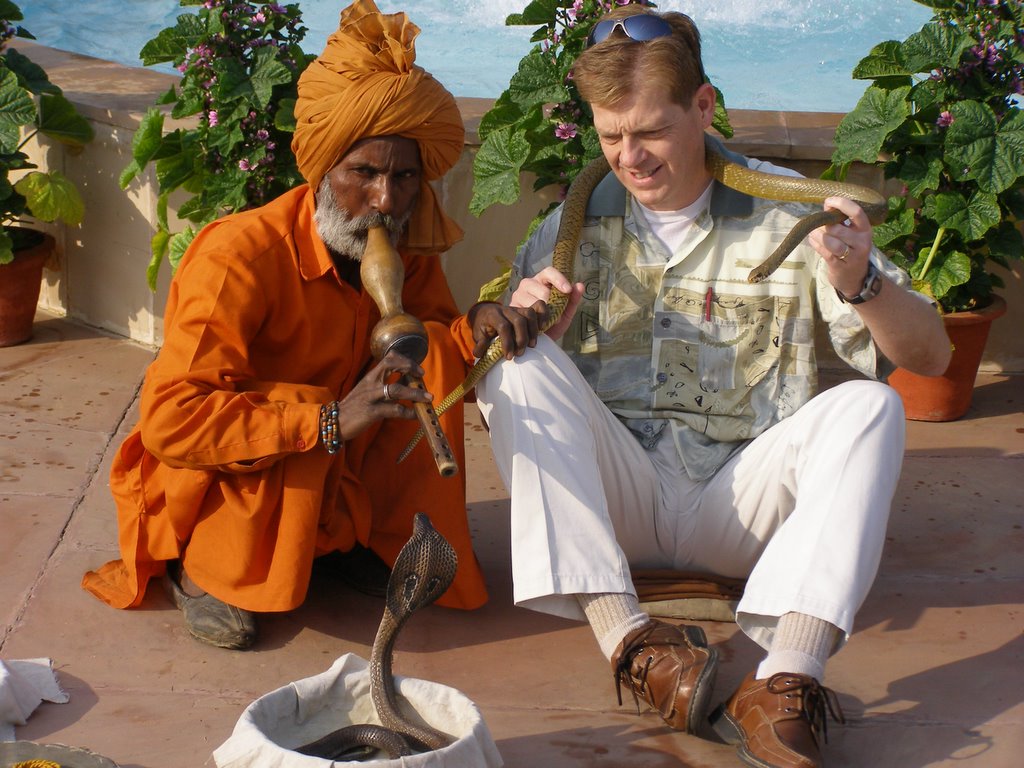
Ahh, caught your attention with that line, didn't I? I love it that you're sitting here, reading "the trouble with men" and asking yourself in shock, "what overgeneralized, politically-incorrect thing is she about to say about men?" Well, I'll try
not to overgeneralize, but since I don't care so much about being politically correct, maybe you'll find at least a hint of shock value in this post after all.
I've been concerned for quite a few years about men. Why is it that they're not going to college? Taking so long to grow up (or not growing up at all)? Moving back in with their parents? Drowning in alcohol? Not taking ownership of their jobs, homes, families, or churches? And maybe most alarmingly, why don't young men have bigger dreams and ambitions--and why aren't they striving toward them?
I consider myself one of the lucky few 20-something women who have found a good Generation Y man. In fact, I even laugh when I think about calling the majority of Generation Y males "men"; they're not yet deserving of that mature term. Instead, they're stuck in guyhood, and it doesn't look like they'll emerge anytime soon.
Some people say they know the reasons. Maybe they do.
Boundless is currently running an
interesting article by Dr. Albert Mohler, who's discussing the implications modern masculinity is having on television and vice-versa.
His article begins:
In the film adaptation of Chuck Palahniuk's violent novel, Fight Club, character Tyler Durden points to his generation of young men as the "middle children of history." Played by actor Brad Pitt, Durden represents the absolute collapse of masculinity into raw violence. This character joins his friends in seeking personal release and ecstasy through violent fights that send the participants regularly to the emergency room. In a haunting comment, Durden remarks: "We are a generation of men raised by women." Is this our future?
His article goes on to
make some interesting (but overly simplistic) observations about and explanations for the antisocial, morally ambiguous characters that young males prefer to watch on TV these days (although of course, I think I probably prefer these characters, too, so what does that say about me?).
But what really strikes me is the phrase "a generation of men raised by women." If there is a problem with modern masculinity, could it be that men have not benefited from role models of the same gender--men who could teach them how to be men?
The world is increasingly run by women. It seems that we have a particularly strong drive to prove ourselves, go above and beyond, and to put ourselves in places of power to effect change where we see injustices and unfinished work. The thing is, as women have begun to enter the professional and church realms as leaders--which is wonderful--men don't seem to see the need to compete. Furthermore, businesses are increasingly valuing stereotypically feminine characteristics, like emotional sensitivity and non-confrontational personalities, rather than the aggressive, assertive qualities they were looking for 40 years ago. Is there anything inherently wrong with that?
No, not really.
But the thing is that if our society undervalues men, and men are not receiving mentoring and training from fathers and older men, young men will increasingly find themselves detached and lonely, wondering where they fit--or if they fit at all. Because, after all, even if they were raised by women, they still can't
be women. They weren't meant to be, and society shouldn't expect them to be.
With all these odds stacked against them, it's really no wonder that they have no dreams or goals, and that their heroes are flawed and aimless; what, really, does the women's world have to offer them?









